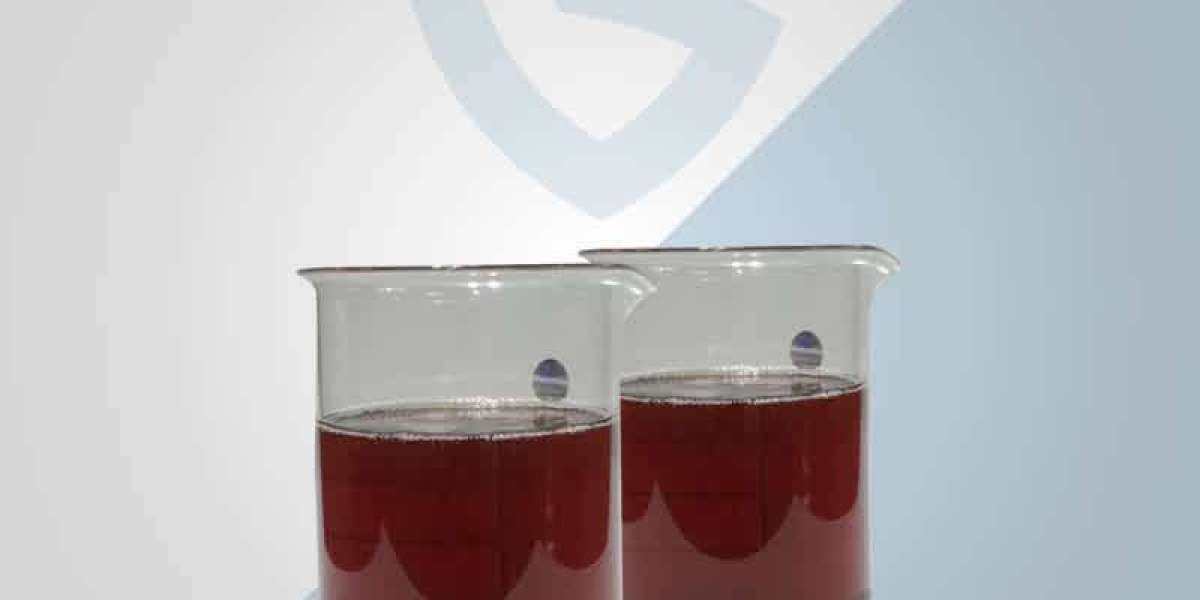Introduction to Gear Oil Additives
Gear systems are the heart of any mechanical machine — whether it's a roaring engine or a humming industrial machine. But what keeps these intricate metal parts from grinding themselves to death? Enter gear oil additives — the unsung heroes of machinery.
What Are Gear Oil Additives?
Gear oil additives are specialized chemical compounds blended into gear lubricants to enhance performance. Think of them like vitamins for your gears — tiny boosters that help oil do more than just lubricate.
Why Are Gear Oil Additives Important?
Without additives, gear oil would be just… oil. Additives provide the extra muscle to handle pressure, heat, wear, and oxidation — all of which are unavoidable in gear operation.
Types of Gear Oil Additives
Let’s break down the chemical cocktail that makes your gear oil so effective.
Anti-Wear Additives
These additives form a protective layer on gear surfaces, minimizing direct metal-to-metal contact and reducing wear and tear.
Extreme Pressure (EP) Additives
EP additives are your gearbox’s bodyguards. They react under high pressure and temperature to create a film that prevents scuffing and pitting.
Friction Modifiers
Friction modifiers reduce internal resistance within gear systems. Less friction equals smoother performance and better fuel economy.
Rust and Corrosion Inhibitors
Moisture and oxygen are the enemies of metal. These additives coat surfaces to prevent rust and corrosion.
Foam Suppressants
Foam might be great in cappuccinos, but not in your gearbox. Foam suppressants keep oil levels stable and gear contact efficient.
Viscosity Index Improvers
These additives help oil maintain consistent viscosity across temperature fluctuations, ensuring reliable performance in both hot and cold conditions.
Oxidation Inhibitors
They prevent the oil from degrading due to exposure to oxygen and high temperatures — extending the oil’s service life.
How Gear Oil Additives Work?
The Science Behind Additive Chemistry
Most gear oil additives are engineered to bond with metal surfaces or chemically react under specific conditions like heat or pressure.
Metal-to-Metal Defense
Additives like ZDDP (zinc dialkyldithiophosphate) react with heat to form protective coatings on gears.
Adaptive Performance
Some additives activate only under stress — think of them as smart agents responding to the environment.
Applications of Gear Oil Additives
Where are these additives put to use? Pretty much anywhere gears are grinding.
Automotive Transmissions and Differentials
These systems experience constant stress, requiring strong EP protection and thermal stability.
Industrial Gear Systems
Factories and heavy equipment rely on additives to survive harsh loads and high temperatures.
Marine and Off-Road Equipment
Saltwater, mud, and extreme terrain demand rust inhibitors and viscosity stabilizers.
Choosing a trusted engine oil manufacturer ensures better engine protection and long-term performance.



